For the last several years, the Community Resource Bank (CRB) has worked with Partners in Education (PIE) to sponsor monthly meals at Jackson Elementary School in north Tulsa. These often lively events are opportunities to build community, to connect parents to the school, and to assist the families with their tight food budgets. At the end of the meal, each family receives several bags of CRB provided groceries before heading home. Complex negotiation among mothers, fathers, brothers, sisters, grandparents, and anyone else who has tagged along for the meal, is involved in distributing the sacks for the trip home – matching the weight of the burden to the strength of the individual. Younger brothers and sisters grab lighter bags of bread, lettuce, and cereal while parents and older siblings take heavier bags full of canned goods, oranges, and potatoes. It is not unusual to see a mother balancing a toddler in one arm and two or three heavy sacks in the other.
It has always felt good to be able to load these families down – to fill every free hand in the family with a bag or two. But if you follow some of these same families out past the parking lot and into the neighborhood surrounding Jackson, you will see a sight that doesn’t make you feel so good. You will see families with limited access to transportation trudging home in the gathering darkness, carrying sacks that are both bonanzas and, at least temporarily, burdens.
Appreciating the burdens of poverty – the confluence of economic and social constraints that keep people boxed in and keep security and opportunity just out of reach – can be difficult for those who have not experienced it directly. When we first started distributing groceries at these meals, I am ashamed to admit that it just did not occur to me that our limitations would include the number of bags a family on foot can carry home. But seeing these families making their way through the neighborhood streets with their groceries has given me a better sense of the difficult challenges faced by those whose access to food is doubly fraught with obstacles. For them, healthy food is often both too far away and too expensive.
The name for this situation is a food desert, and it describes too much of our city, including most of north and west Tulsa. Food deserts are areas where most of the population has limited means and where grocery stores are too far away. The USDA’s Economic Research Service estimates that 11.5 million low-income Americans live in neighborhoods where the closest grocery store is more than a mile away, and 2.3 million households in these neighborhoods do not have access to a car. In the neighborhood surrounding Jackson Elementary, there are 197 households (14.9% of the total) without access to a car. In Tulsa County as a whole, more than 5,000 households find themselves in the same situation.*
My family and I gained a new appreciation of this problem when we moved, two years ago, to Gilcrease Hills, north of downtown. We love our new neighborhood, but the lack of grocery stores has been an ongoing irritation. The closest viable options are all several miles away, south and east of downtown. This differs dramatically from our experience living in midtown where I could throw a stick from my front door and hit three large groceries stores.
The lack of options in our new neighborhood is an inconvenience for my middle class family. We have the means to fill our tanks with gas and to keep our cars running. We have the time and the ability to travel to distant grocery stores. But for many it is a more serious burden, one that leads to families shopping for basic groceries at the corner convenience store or replacing home cooked meals with fast food. It means paying higher prices and choosing less healthy options. It means the proliferation of hunger and all of its attendant health issues – calorie-rich, but nutrient-poor diets, obesity, and type II diabetes.
Solving this problem is complex, and I certainly do not have all the answers. We need a larger conversation about the economic factors, social deficits, and public policy failures that keep people living below the poverty line, that keep grocery stores out of north and west Tulsa, and that keep the poor, the elderly, and the young stranded in their own neighborhoods. In the meantime, it is incumbent upon each of us to see the problem for what it is – an injustice calling out for action. We must recognize that the food desert outside is a reflection of our own disengagement – of the desert that flourishes inside each of us when we close ourselves off from the plight of our fellow human beings.
During the last two years, we have expanded the CRB’s efforts in these communities by distributing groceries through three schools – Jackson, Gilcrease, and McClain 7th Grade Academy – and through other organizations serving food deserts. The only obstacle to doing this in every school and reaching every family in a Tulsa food desert is the number of individuals willing to devote their time, energy, and resources to the problem.
This holiday season, as you sit down to your own feasts, consider becoming one of those committed to solving this problem, to expanding the table to truly include all souls. If enough do so, we may soon find that the desert is nowhere to be found, neither in our own city, nor in our own hearts.
*To learn more, see the USDA’s food desert mapping tool at http://www.ers.usda.gov/data/fooddesert.

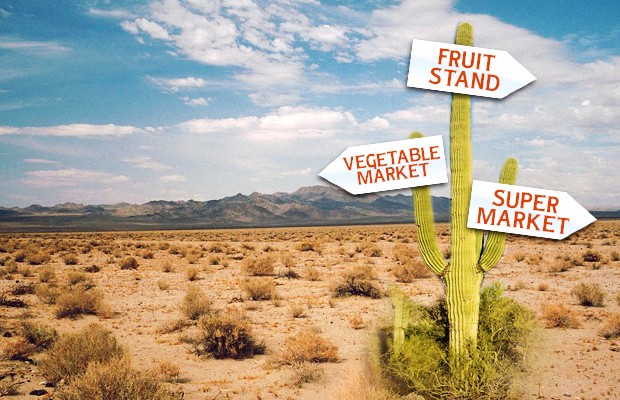
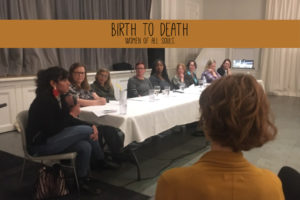

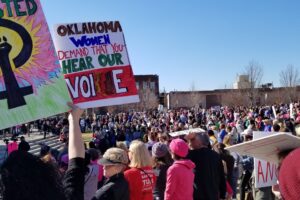
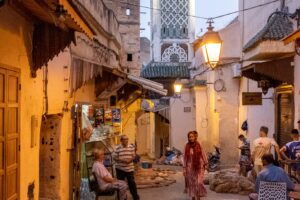
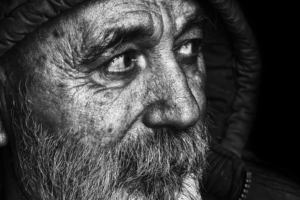
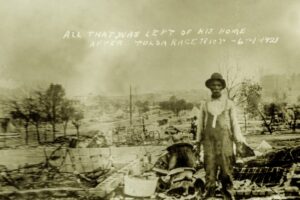
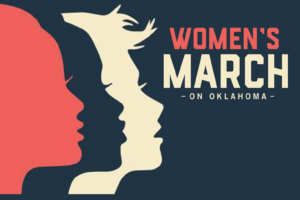
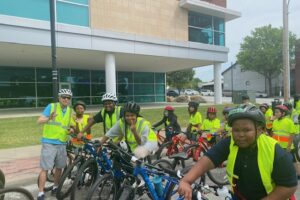

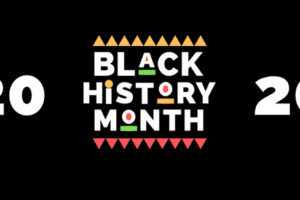

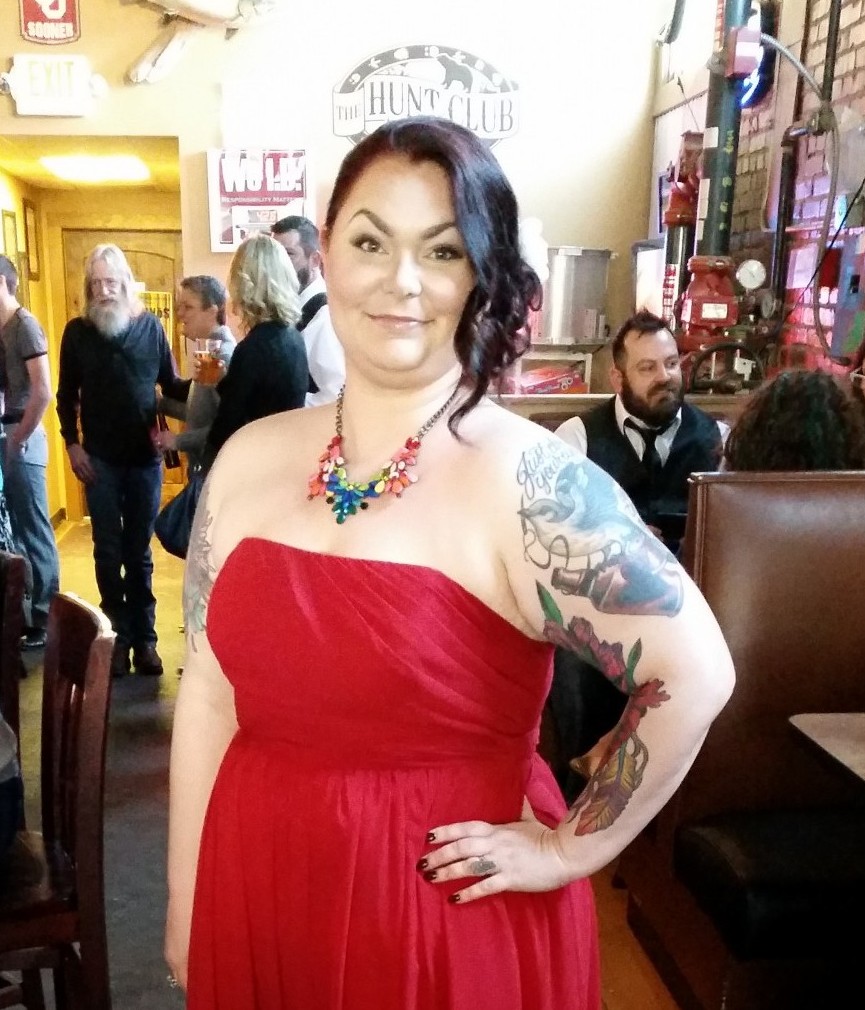

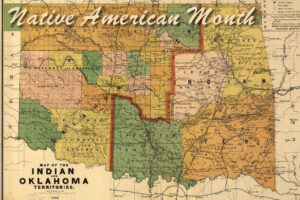

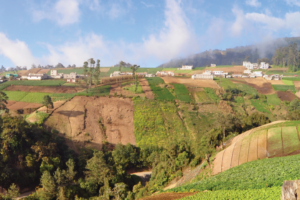
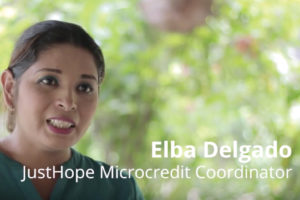
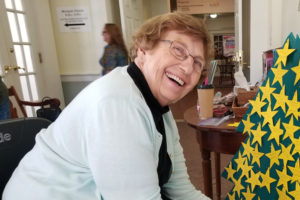


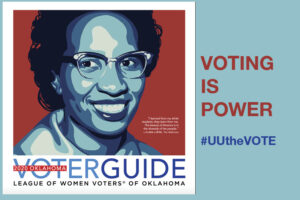


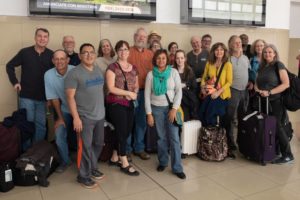
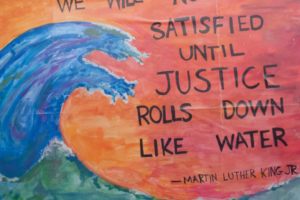


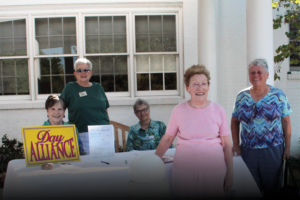
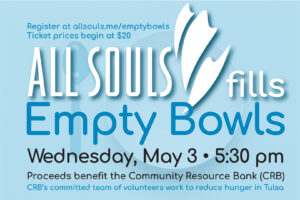

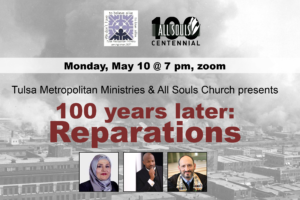
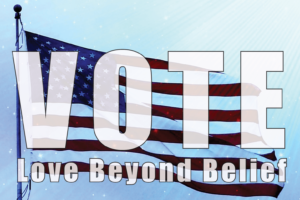

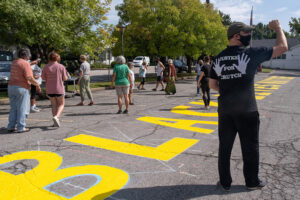
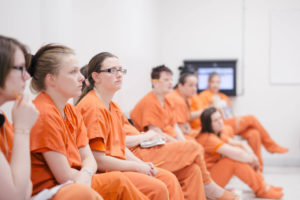
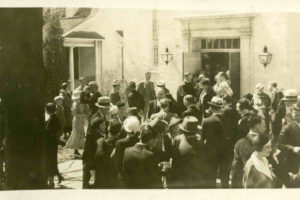
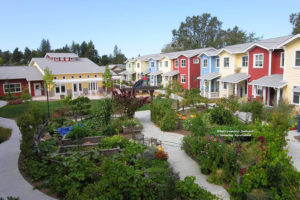
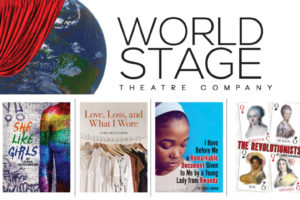
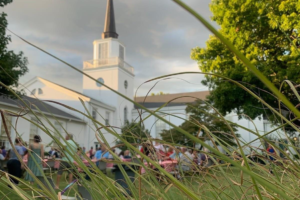
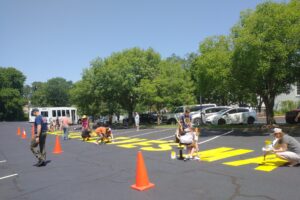
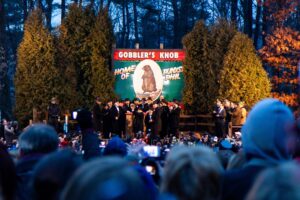



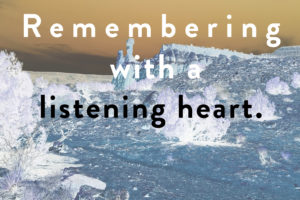



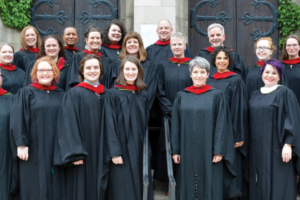

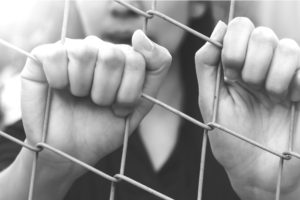
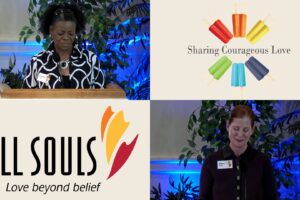

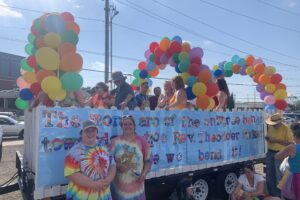
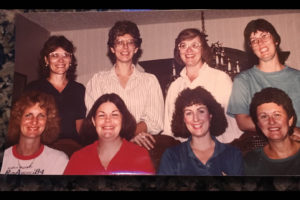

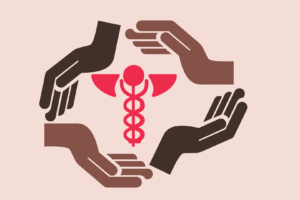
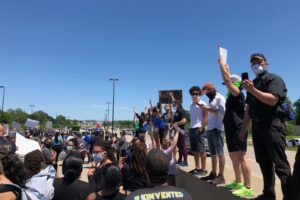

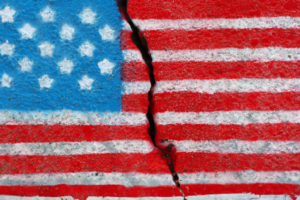
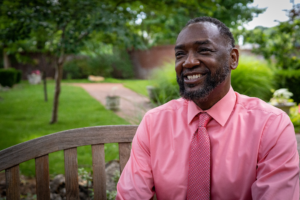
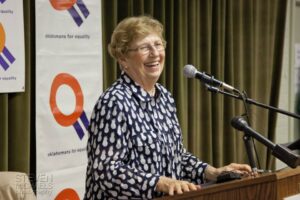
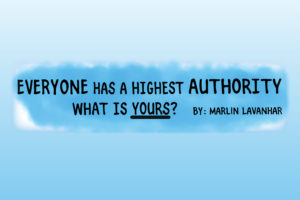
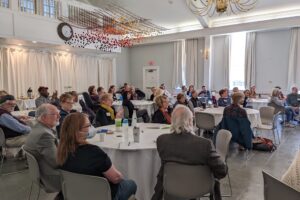

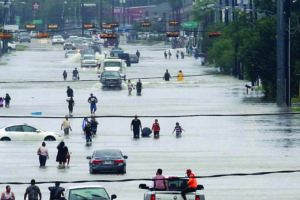
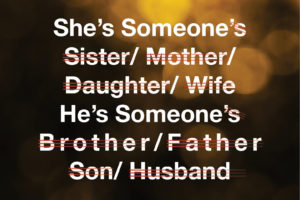
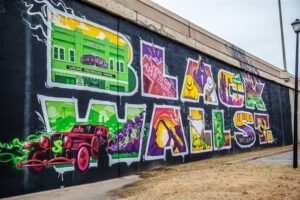

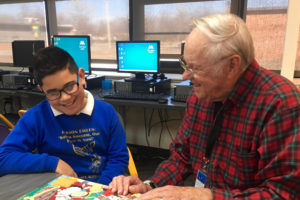

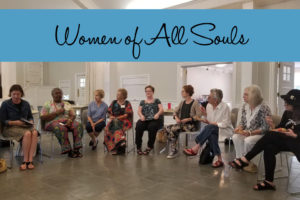


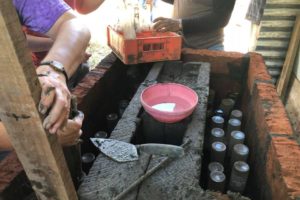
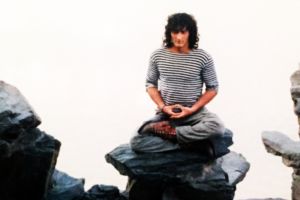

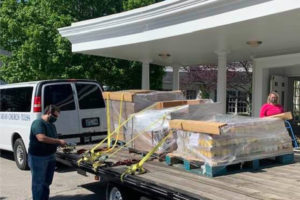

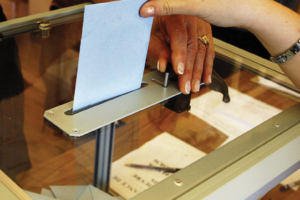


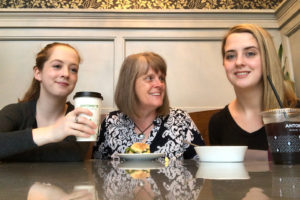
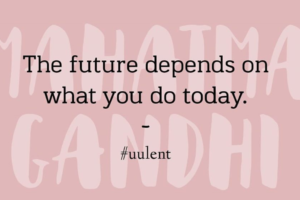
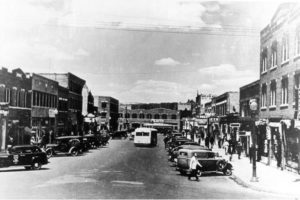





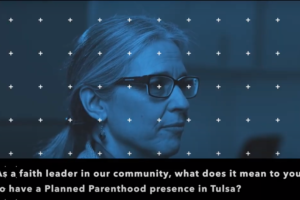


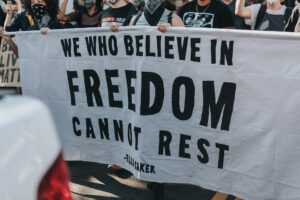
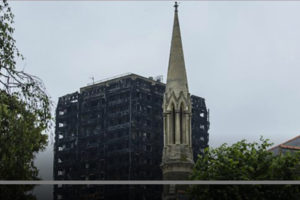

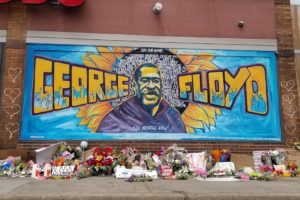
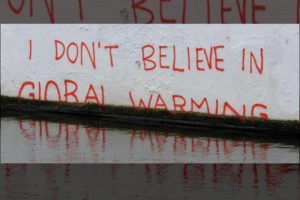



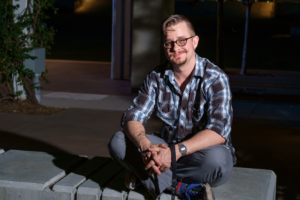


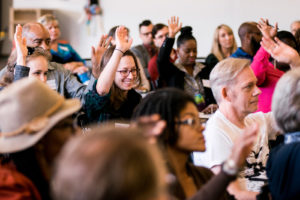

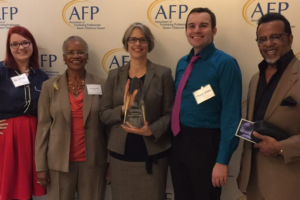
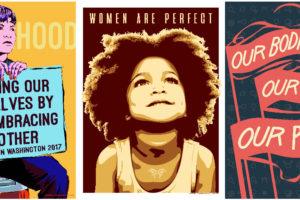
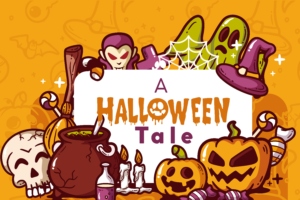
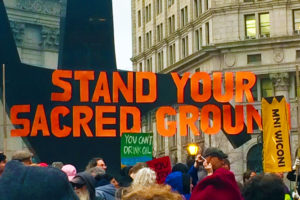
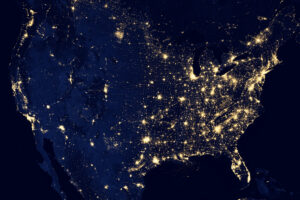



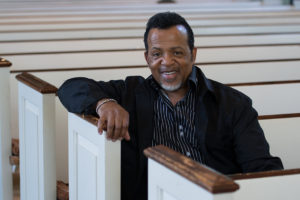
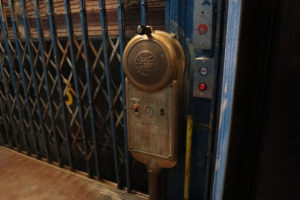


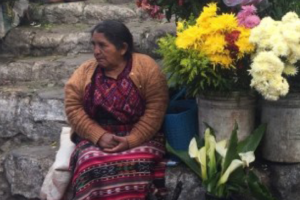



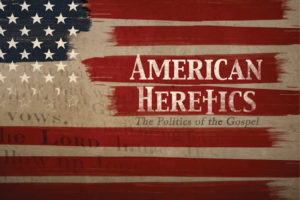
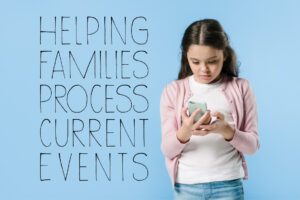
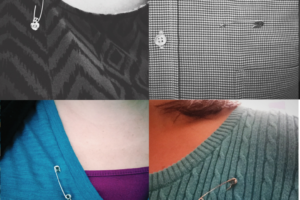
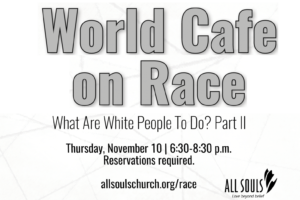


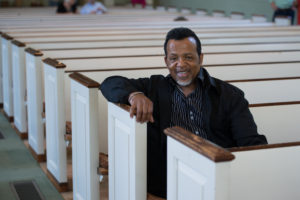
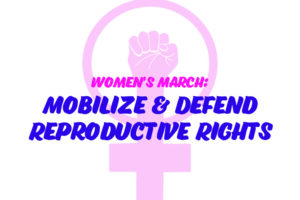
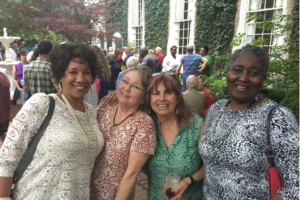


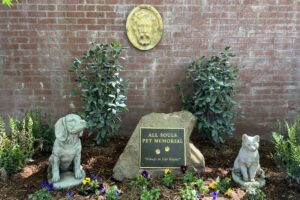

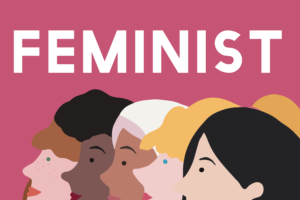
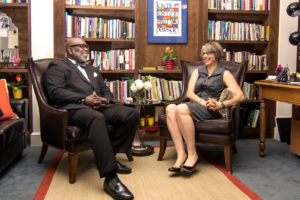

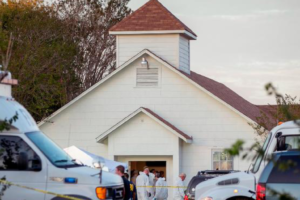


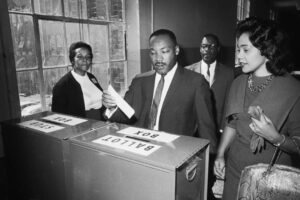
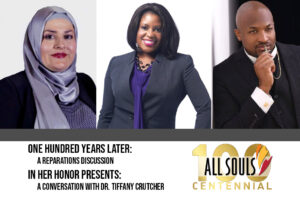

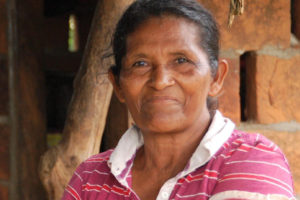
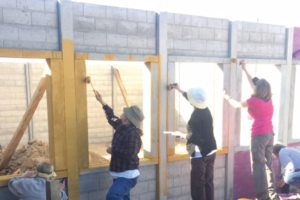

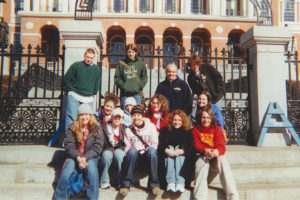
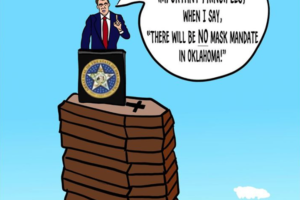
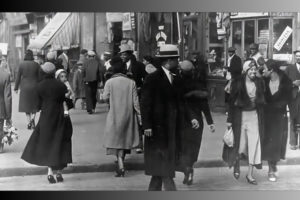

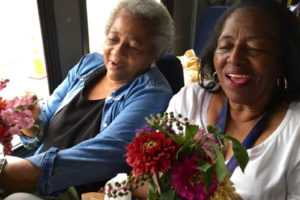
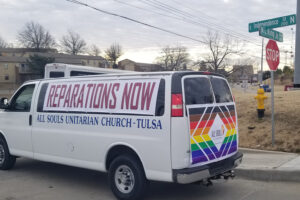


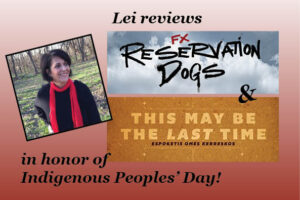


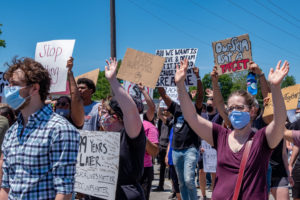










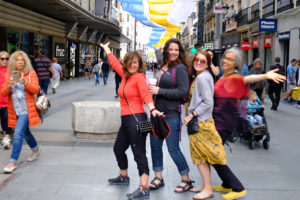


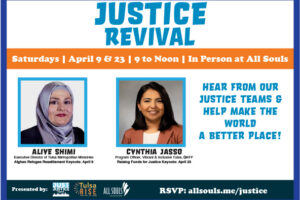

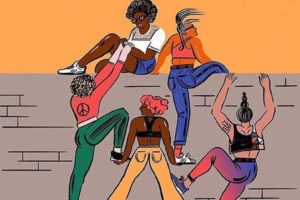
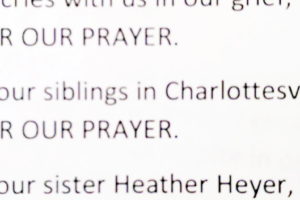


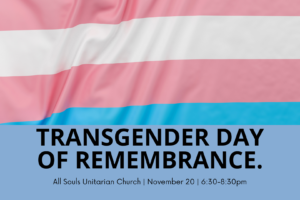







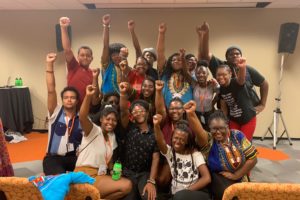
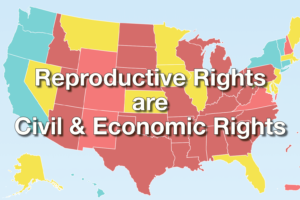


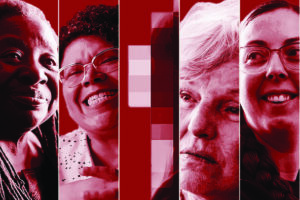
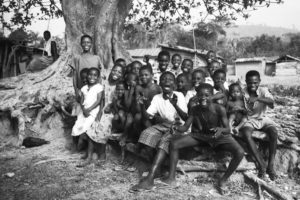

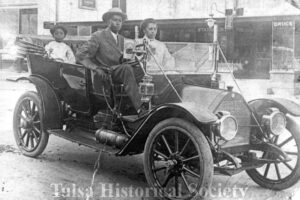



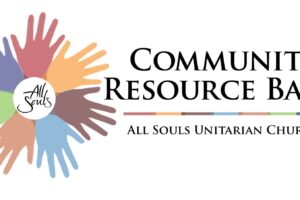
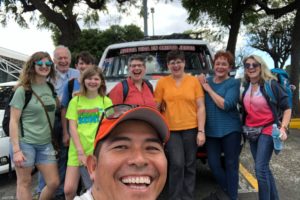



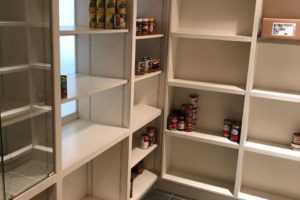


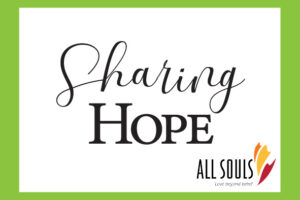
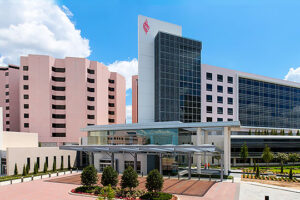

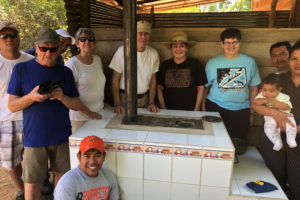

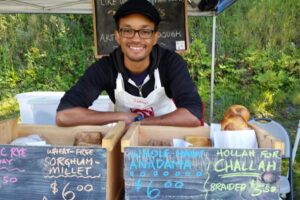
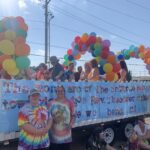




2 Comments
Another thing about the food desert: one person using the provided
service commented that he had a rare chance to choose the food he ate.
This choice is of immense importance. Usually, impoverished people
living in straitened circumstances are extremely limited in how they can
choose to manage their lives: a dollar will go further spent on cheap
industrial fast-food than it would when used to buy fruit and
vegetables–hunger must be assuaged. In a food-desert fruit, vegetables,
and other wholesome foods are rarer and more distant than fast-food
outlets. It is this lack of self-determination, or agency, that drives
spiritual and physical ill-health. Being able to successfully manage
one’s life fosters dignity and feelings of self-worth. Grinding poverty
is destructive of a flourishing, healthy life. Social justice depends on
improving living conditions.
[…] Read more about PIE and our Community Resource Bank (CRB) from Brian Cross’s, Seeking an Oasis in Tulsa’s Food Deserts. […]